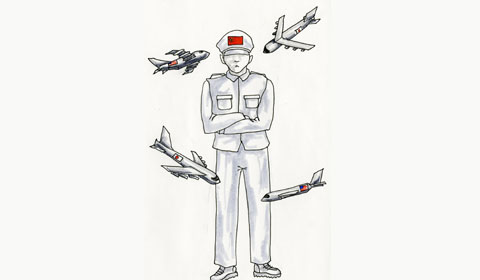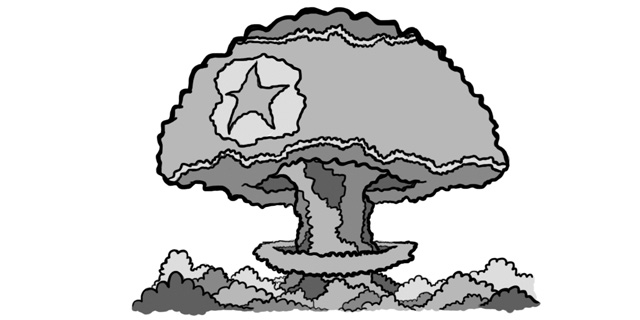
A territorial dispute over the uninhabited Japanese Senkaku Islands, or Diaoyu Islands as they are called in China, between China, Japan and other Asian powers such as South Korea, arose when China claimed an Air Defense Identification Zone (ADIZ) over the Senkaku Islands on Nov. 23, 2013. China is demanding that foreign planes report their flight plans and radio frequencies when flying into the ADIZ. The United States is obligated by a preexisting alliance to help defend Japan militarily in the case of a combative outbreak or territory dispute.
Border disputes have taken place in East Asia for quite some time, especially since the formation of the People’s Republic of China in 1949. Even though China has historically asserted claims to the islands, Japan actively utilized them from the 1880s to World War II. China did not make efforts to control the islands during this time and even sometime after; China did not object, for example, when the San Francisco Peace Treaty of 1951 gave the U.S. trusteeship (administrative control) of the area. Following the signing of the San Francisco Peace Treaty, the U.S. and Japan also signed the Treaty of Mutual Cooperation and Security, which bound the U.S. to aid Japan in a military conflict.
Protests erupted in China in September 2012, when the Japanese government repurchased the islands from their private owner. Chinese people felt the transfer to Japanese power challenged Chinese sovereignty in the area, and they condemned the purchase. China’s recent claim of the ADIZ has triggered skepticism, since the claim is such a sudden departure from neglecting the islands for so long. China showed interest in regaining the islands in 2012, when, shortly after Japan nationalized the islands, Chinese ships and planes began hovering around them.
South Korea and Taiwan have also laid claim to the islands; South Korea announced on Dec. 8 that it was expanding its air patrol zone, a move that challenged both Japan and China. Japan, the U.S. and South Korea immediately rejected China’s Nov. 23 requirement to report airspace activity. All three countries have since flown military aircraft through the disputed zone without notifying China. American B-52 bombers have been flying through the airspace on practice missions, signifying that the U.S. “would defy what it considered a provocative attempt by China to expand its control over airspace in the region,” according to the New York Times.
Why are these islands so highly disputed? Surveys in the 1960s said that the area of the East China Sea surrounding the Senkaku Islands most likely contains oil and natural gas. China and Japan are some of the largest importers of fossil fuels: obtaining access to the islands and their natural resources would allow these countries to limit their dependence on unstable oil suppliers such as Iran and Venezuela. China and Japan could also reap financial benefits by exporting these highly sought-after resources.
The U.S. is obligated to back Japan militarily and, although not explicitly stated in a contract, it is obligated to do so politically, in order to maintain a good relationship; however, the U.S. government is also hesitant to disrespect China’s ADIZ. According to the Atlantic, “the Japanese government is privately upset that the U.S. cannot seem to decide whether to comply with the Chinese law or defy it, implying that Tokyo and Washington, quite naturally, have different incentives.” If this rocky territory dispute escalates, the U.S. could potentially find itself at war in East Asia with the second and third largest economies in the world.


















